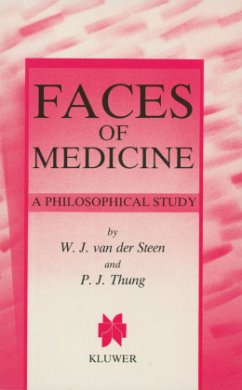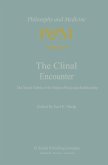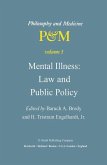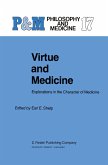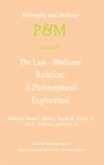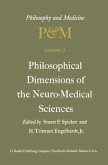1. MEDICINE Illness, disease and disability plague man in every culture. But the form they take is not the same everywhere. Neither is man's reaction. Coping strategies, and the experience and knowledge backing them, depend very much on cultural setting. So medicine, the fabric of strategy and know ledge, can only be understood in the context of culture. In western society today, severe judgements are passed on medicine. Its store of knowledge and experience, and its repertory of strategies, have grown immensely during the last few decades. But it hardly alleviates dominant ailments, especially chronic diseases, diseases of old age and disturbances of social and mental functioning. We know that these ailments have come to the fore as the incidence of more "primitive" diseases declined in industrial societies. Infant deaths, and malnutrition and infections striking at young age, have dwindled to marginal significance in Western Europe and life expectancy at birth is twice that of some 150 years ago. Thus our new troubles are connected with past successes.
`This is an interesting book and an unusual one. ... which undermines or questions much orthodox thinking in medicine and sets an apt and challenging agenda for future healing. The qualification that it will be up to others to develop and supplement positive arguments for items on this agenda should certainly not dissuade those committed to healing from reading it.'
Journal of Medical Ethics, 16:4, 1990
Journal of Medical Ethics, 16:4, 1990
`This is an interesting book and an unusual one. ... which undermines or questions much orthodox thinking in medicine and sets an apt and challenging agenda for future healing. The qualification that it will be up to others to develop and supplement positive arguments for items on this agenda should certainly not dissuade those committed to healing from reading it.'
Journal of Medical Ethics, 16:4, 1990
Journal of Medical Ethics, 16:4, 1990

